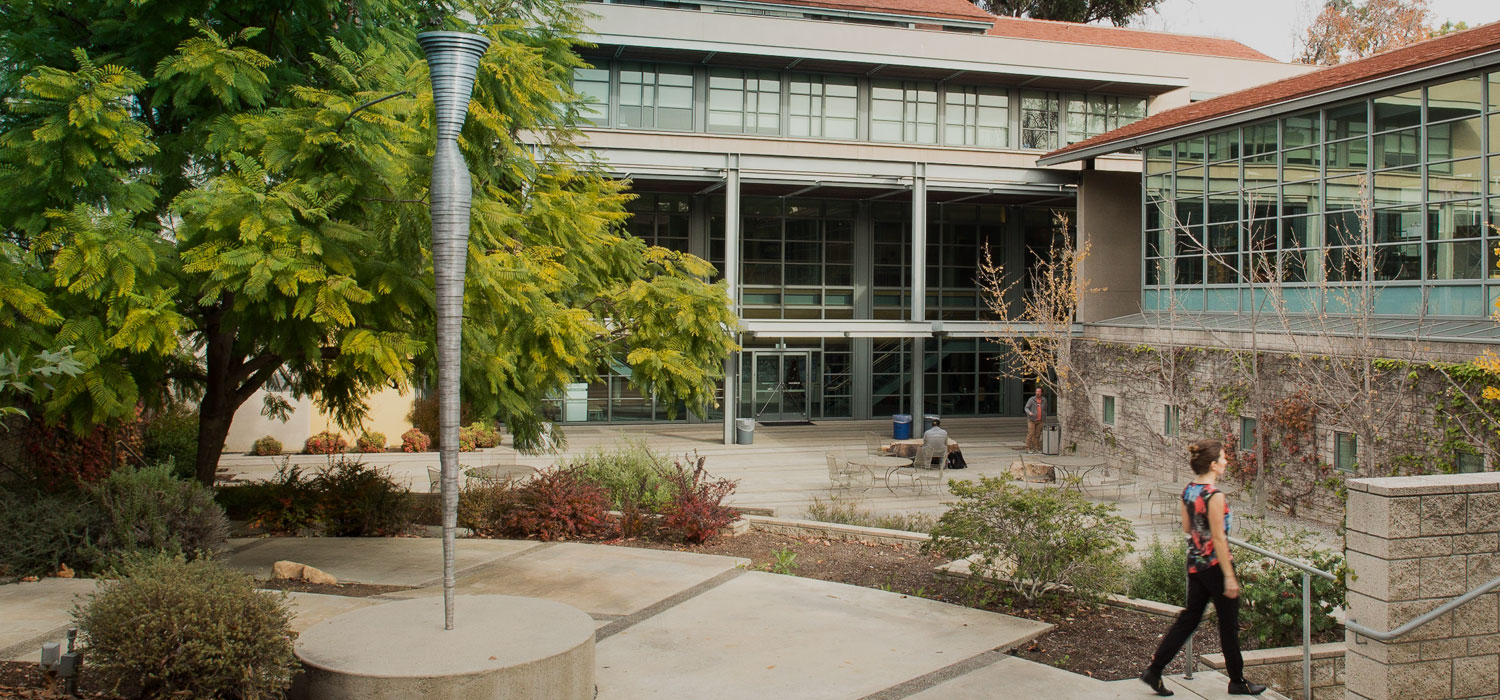On a Wing and a Prayer
Persistence pays off.
It has for Tom Hsieh (EMBA, ’04), a co-founder of FLOAT Shuttle, a brand-new commuter service for Southern California motorists who want to avoid traffic by flying over it on the company’s fleet of Cessna Caravans.
The company name is an acronym for “Fly Over All Traffic,” which every commuter probably thinks of as they’re sitting in gridlock. Wouldn’t it be nice to fly over all of this?
It doesn’t matter which Southern California freeway you’re on—at some point, they all feel like a parking lot. So, the solution Hsieh and his partners Arnel Guiang and Rob McKinney proposed couldn’t make more sense. And Spring of 2020 would be the perfect time for this idea to take off. After all, what could go wrong?
FLOAT launched scheduled regular flights in early March 2020, right when the COVID-19 quarantine hit. Business commuting came to a halt for many industries as companies transitioned to work-from-home situations. FLOAT looked like it would sink until Hsieh and his partners redirected their efforts. They looked north to Alaska, where commuter plane services are among the most efficient and necessary ways to get travelers around the state.
While the SoCal venture was put on hold, the company bought Ravn Alaska there, an air shuttle service responding to commuter needs that have been essential even during quarantine.
“One thing I’ll say about entrepreneurship, there is a lot of persistence that is needed,” Hsieh said about the acquisition. The process involved some challenges.
“Even in acquiring the airline through the bankruptcy courts, we failed eight or ten different times,” he said. “It wasn’t until one hour before they were going to liquidate the airline that we struck a deal with the lenders to finalize an agreement for the purchase—otherwise, the airline would have gone away! We just didn’t give up.”
Hsieh says that his FLOAT team is studying when the timing will be right to return to L.A. with a much larger and more robust infrastructure.
“With Ravn as a backbone, we will deploy much more effectively, safely, and efficiently, potentially with the capacity to look at multiple metro situations faster than we would have otherwise,” he said.
Hsieh’s desire to “do some good” stems from his study with the late Peter Drucker, who emphasized that businesses must serve to uplift society and whose philosophy continues to be taught today at the university’s Drucker School of Management.
“Drucker said, ‘Culture eats strategy for breakfast,’ ” Hsieh said, “and that has been key for me.” He continued: “Many people look at organizations and only see structures, but so much of it is cultural. If we can get people to shift perspective and have hope for change, that’s huge. It generates more sustainable change than just a shift in policy or law. It creates a sense of momentum, empowerment, and positivity.”
Hsieh didn’t let the pandemic stop him; he assessed the situation and found a new opportunity.
